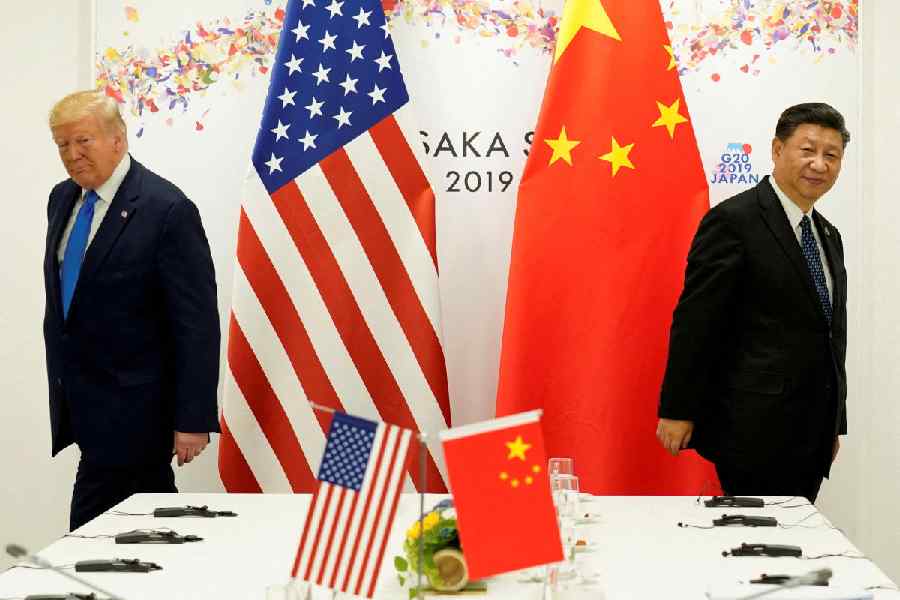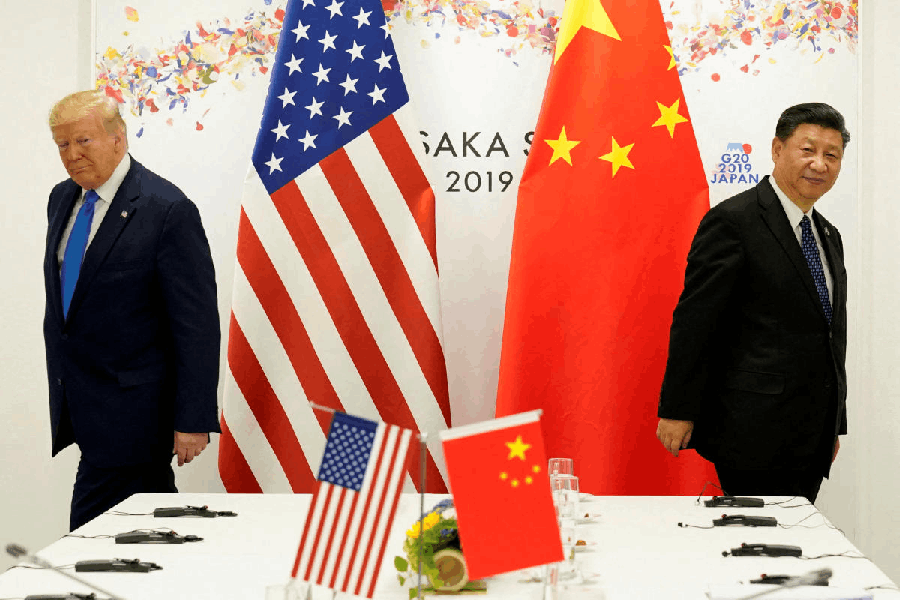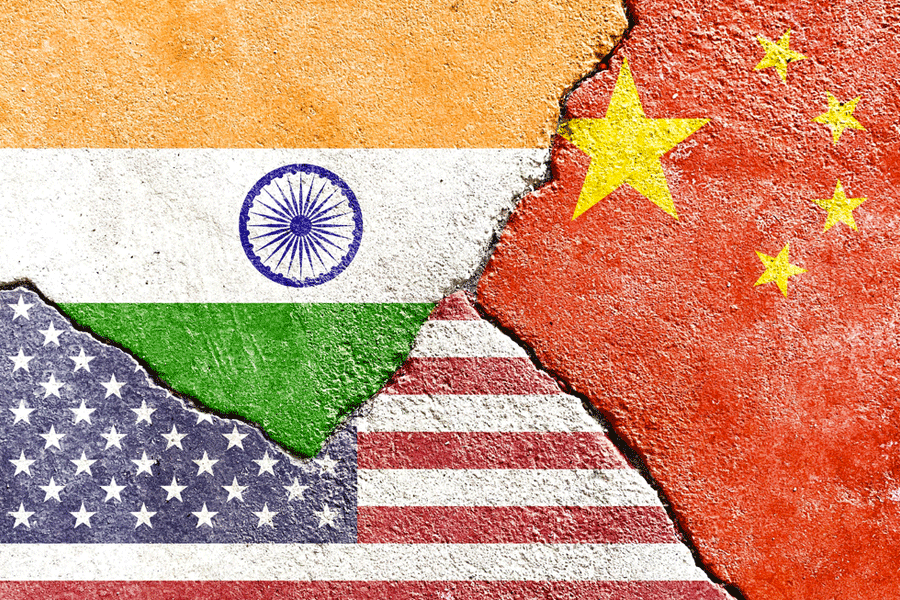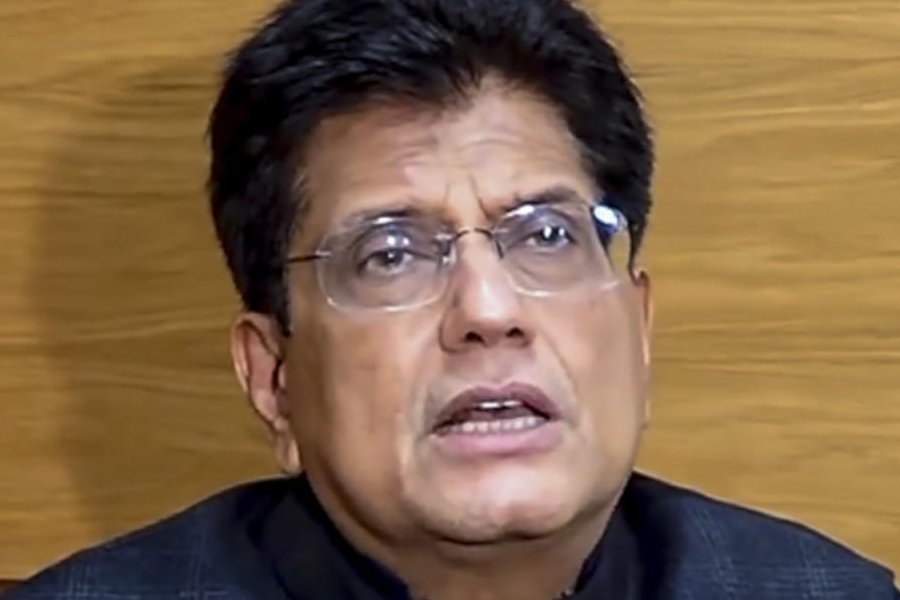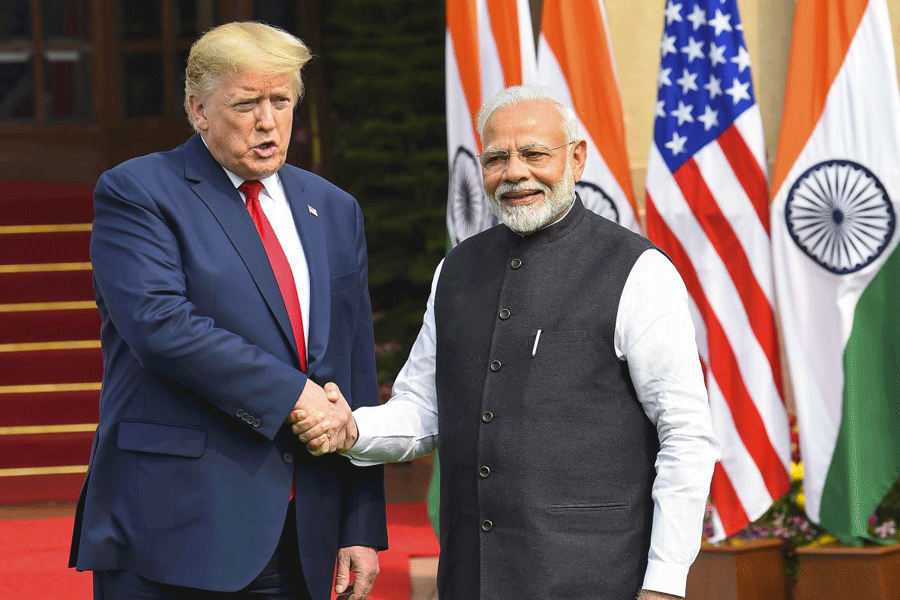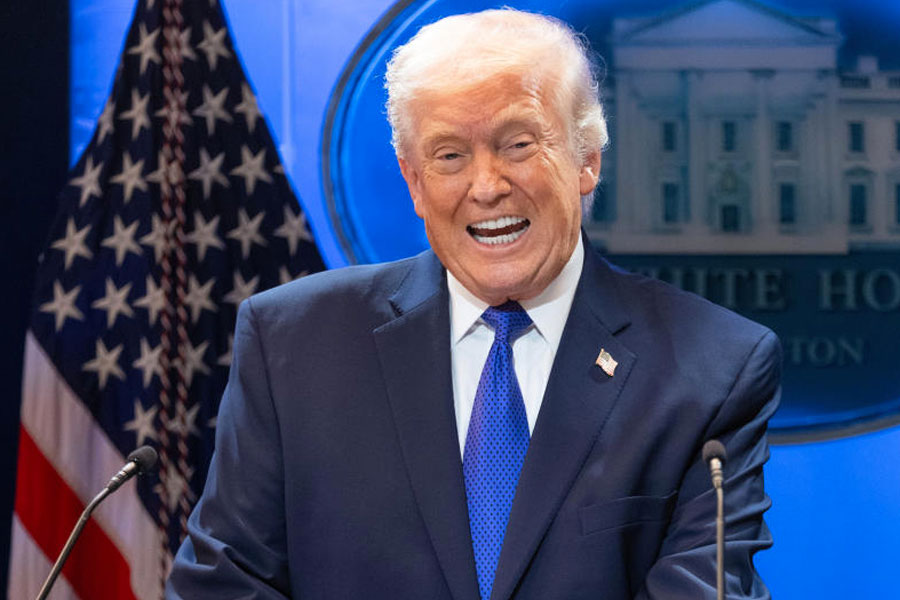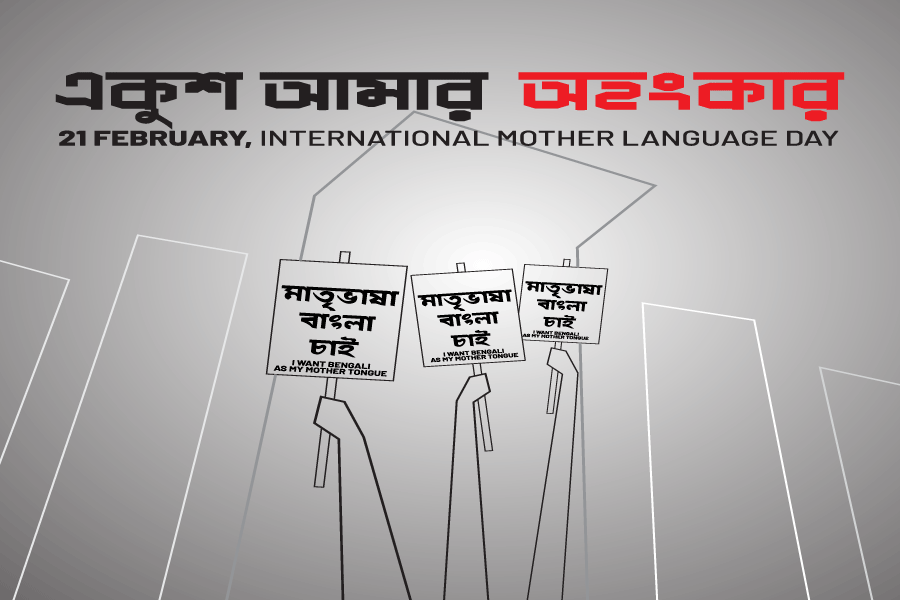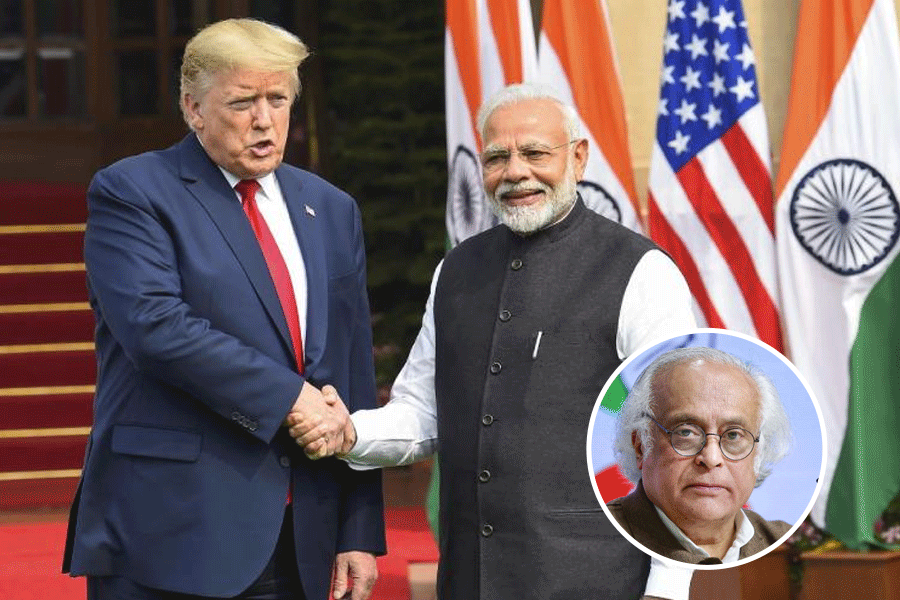China accused Washington of "double standards" on Sunday after US President Donald Trump announced an additional 100 per cent tariff on the world's second largest economy.
"The relevant US statement is a typical example of 'double standards'," a commerce ministry spokesperson said. "Should the US persist in its course, China will resolutely take corresponding measures to safeguard its legitimate rights and interests," the statement read.
Beijing has long called for Washington to abandon unilateral trade restrictions it says undermine global commerce.
Speaking of its ties with the US, Beijing accused Washington of continuously adding new restrictions against China since the trade talks in Madrid.
It said China's position on tariff wars has been consistent.
"We do not want to fight, but we are not afraid to fight," AP reported quoting the commerce ministry.
This comes in response to Trump threatening a new 100 per cent tariff on Chinese goods and export controls on all critical software, starting November 1, in addition to existing 30 per cent tariffs.
Trump, in a post on Truth Social, said that he had learnt that China had taken an "extraordinarily aggressive position on trade in sending an extremely hostile letter to the world."
“Frequently resorting to the threat of high tariffs is not the correct way to get along with China,” the Commerce Ministry said in its online post, which was presented as a series of answers from an unnamed spokesperson to questions from unspecified media outlets, reported AP.
The statement called for addressing any concerns through dialogue.
“If the US side obstinately insists on its practice, China will be sure to resolutely take corresponding measures to safeguard its legitimate rights and interests,” the post said.
The US President also warned that he might cancel a meeting with Chinese President Xi Jinping scheduled for later this month.
It came a day after Beijing introduced new export limits on rare earth minerals, which China is the world's largest supplier of and which are crucial for tech production.
Both sides accuse the other of violating the spirit of the truce by imposing new restrictions on trade.
Trump said China is “becoming very hostile” and that it's holding the world captive by restricting access to rare earth metals and magnets.
Beijing justified its position on restricting exports, saying China's measures are necessary given the military applications of medium and heavy rare earth metals amid the "current turbulent global situation and frequent military conflicts."
China's new regulations require foreign companies to get special approval to export items that contain even small traces of rare earths elements sourced from China.
These critical minerals are needed in a broad range of products, from jet engines, radar systems and electric vehicles to consumer electronics including laptops and phones.
China accounts for nearly 70 per cent of the world's rare earths mining and controls roughly 90 per cent of global rare earths processing. Access to the material is a key point of contention in trade talks.
China has long used rare earths — the minerals essential for electronic, automotive and defense systems — as strategic leverage against the US.
The new US tariffs threaten to restart a trade war first launched earlier this year shortly after Trump took office, with both nations exchanging exponentially high tariffs which were later paused after several rounds of negotiations.
Experts said restrictions on US software shipments to China could be a massive blow to the country's tech industry, including cloud computing and artificial intelligence, reported Reuters.
Trump also threatened new export controls on airplanes and airplane parts, and a person familiar with the matter said the administration was sketching out other possible targets.
The commerce ministry post said that the US has introduced several new restrictions in recent weeks, including expanding the number of Chinese companies subject to US export controls.
It also said that the US is ignoring Chinese concerns by going forward with new port fees on Chinese ships that take effect Tuesday. China announced on Friday that it would impose port fees on American ships in response.

